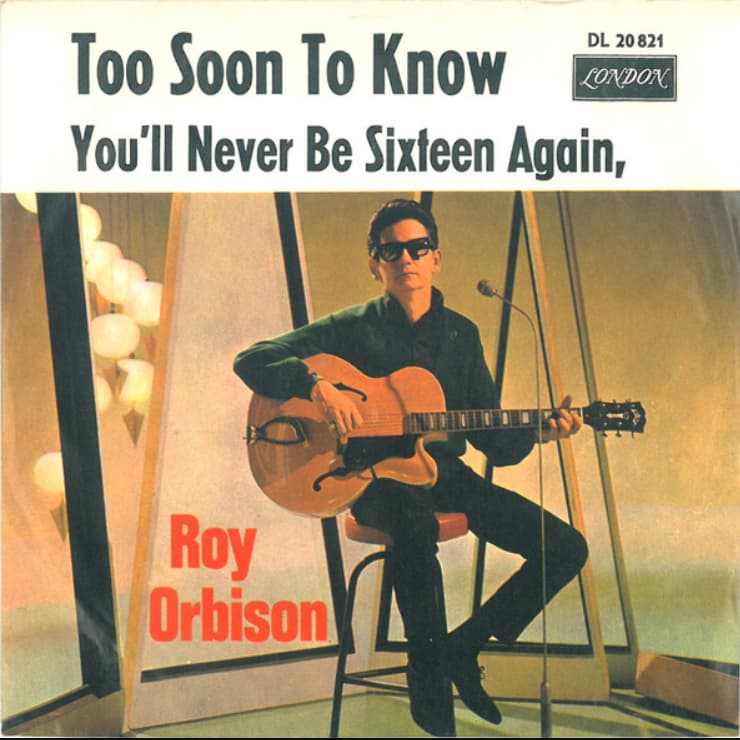
An Elegy in E Minor: How Roy Orbison’s “Too Soon to Know” Became a Timeless Ballad of Grief and Remembrance
The song is a poignant meditation on the raw, open wounds of an unexpected loss, and the agonizing inability to know when, or if, the heart will ever fully heal.
It’s a strange thing, how a song can become so intertwined with the life of the person who sings it, taking on a weight and meaning far beyond the intentions of its original composer. For Roy Orbison, a man whose life was marked by more than its share of shadow and sorrow, this was especially true. In 1966, he released his version of the song “Too Soon to Know”, and while the track was a modest hit—peaking at number 3 on the UK Singles Chart and reaching a respectable, though lower, position of 68 on the Billboard Hot 100 in the US—it became, in the hearts of his fans, something much more. It was a lament, an elegy, and a profoundly personal testament to a heartbreak that transcended the simple words of the lyric sheet.
The song, written by country songwriter Don Gibson, was released at a moment of profound personal tragedy for Orbison. Just a few months before, his wife and the mother of his children, Claudette Frady, had been killed in a motorcycle accident. The sudden, brutal finality of her death left him, and the world that knew him, in shock. He was a singer whose signature style was built on the very foundation of longing, despair, and an almost operatic level of pathos. His songs were epic dramas of the lonely heart, each note a soaring cry into the vast expanse of unrequited love or profound solitude. But in “Too Soon to Know”, the theatrics were stripped away, leaving only the naked, aching vulnerability of a man left to pick up the pieces of a life shattered in an instant.
The lyrics, though written long before Claudette’s death, feel as though they were penned just for him, a painful prophecy. “My heart’s been broken in too many pieces,” he sings, his voice a fragile instrument, trembling on the edge of a raw, emotional break. It’s the sound of a man who hasn’t yet processed his grief, who can’t, and who knows that a wound this deep can’t be healed with the simple passage of time. The song isn’t about the hope of moving on; it’s about the devastating uncertainty of a future without the person you love. The question isn’t “Will I get over this?” but rather, “Is it even possible?”
This simple, beautiful ballad became a vessel for collective mourning. For a generation who had known and loved Roy Orbison, the song was a way of sharing his grief, of reaching out to a man who, despite his fame and success, seemed to be perpetually shrouded in a kind of elegant sorrow. He was the “Big O,” the man in black, forever cloaked in mystery behind those signature dark glasses, but in this song, the glasses came off, and we were allowed a glimpse into a soul in turmoil.
“Too Soon to Know” is a masterclass in emotional restraint. The sparse instrumentation, led by a haunting piano melody, serves to amplify the raw power of Orbison’s voice. There are no dramatic crescendos or soaring strings; just a quiet, steady ache that mirrors the slow, grinding nature of grief. It’s the kind of song that finds you in the quiet moments, in the solitude of a late night, and makes you feel a little less alone in your own sadness. It’s a reflection on the universal experience of loss, a gentle reminder that sometimes, the only honest answer to the question of when you’ll feel whole again is simply, “it’s too soon to know.” The song’s legacy is a testament to the fact that even in our darkest hours, music can be a source of solace and a shared space for emotional honesty.